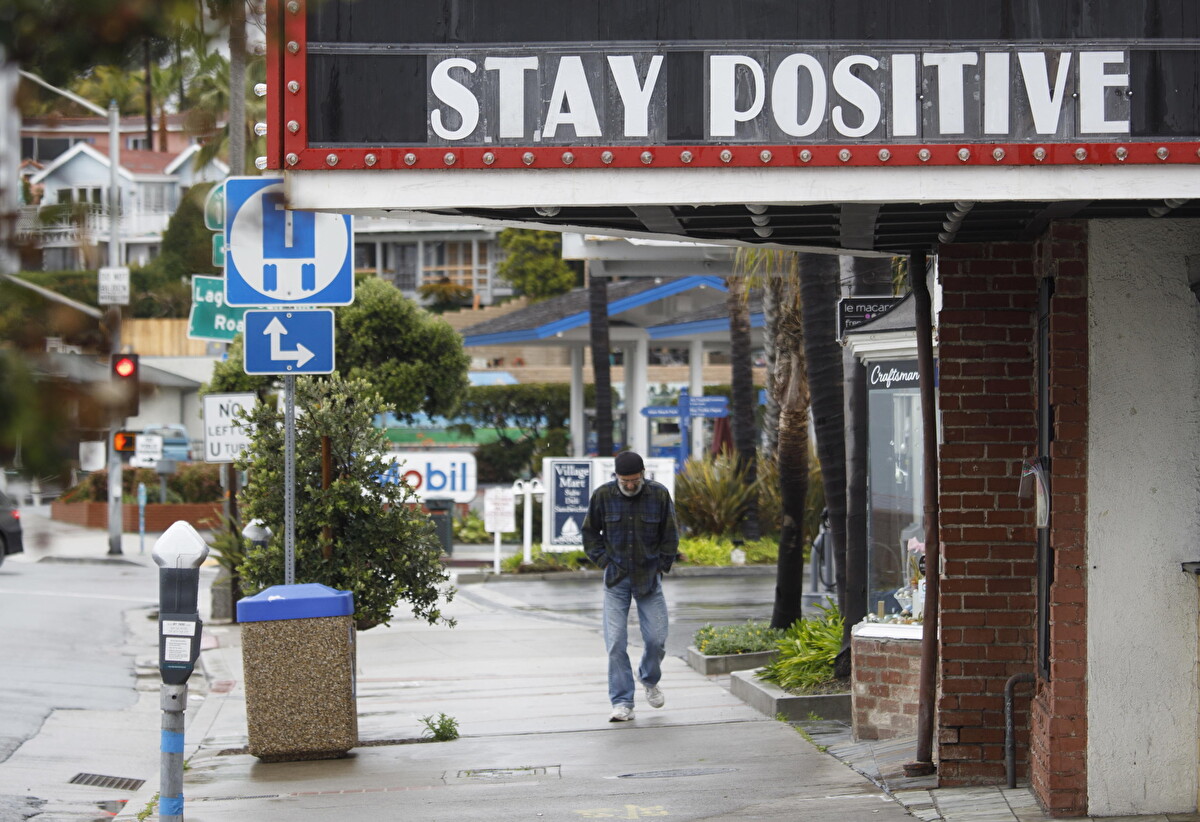In the past five years, the landscape of sports betting in the United States has undergone a significant transformation. What was once a fringe activity, often associated with shady dealings and underground bookies, is now stepping into the mainstream, thanks in large part to legislative changes and technological advancements. This shift is not only changing the way Americans interact with sports but is also reshaping the cultural fabric of sports fandom, drawing parallels with the well-established European gambling market.
The catalyst for this change is the increasing number of states legalizing sports betting. This movement picked up significant momentum following the 2018 Supreme Court decision that struck down the Professional and Amateur Sports Protection Act (PASPA), effectively opening the door for states to legalize sports betting if they choose. Since then, more than half of U.S. states have legalized some form of sports betting, with others poised to follow.
A key driver in the rising popularity of sports betting is the unprecedented access afforded by technology. Unlike five years ago, when placing a bet often required covert transactions with bookies, today’s landscape is dominated by online platforms and mobile apps. These platforms are not only more convenient but also offer a range of options, from live betting to intricate parlays, making sports betting more appealing, especially to the younger demographic.
This ease of access has also contributed to a significant cultural shift. Sports betting is no longer seen as a clandestine activity but as a legitimate form of entertainment. Major sports leagues, once staunch opponents, are now embracing it, signing partnerships with betting companies and integrating betting content into their broadcasts. This integration is reminiscent of European sports culture, where betting odds and moneylines are a common sight on halftime screens and even jumbotrons.
In fact, the U.S. sports betting market is increasingly mirroring its European counterpart, where sports betting has been a normalized aspect of sports culture for decades. In Europe, it’s common to see betting odds displayed during games, and sports commentators often discuss betting trends as part of the game’s narrative. The U.S. is gradually adopting these practices, reflecting a broader acceptance and integration of sports betting into the sports viewing experience.
However, this widespread adoption and de-stigmatization come with responsibilities. Critics point out the potential risks, particularly for younger bettors, such as addiction and financial mismanagement. This concern underscores the need for robust regulatory frameworks, responsible gambling initiatives, and educational programs to ensure a safe and sustainable betting environment.
The evolution of sports betting in the United States represents a significant shift in both legal and cultural norms. As it becomes more ingrained in the fabric of American sports, the challenge will be to balance the benefits of increased engagement and revenue with the responsibility of ensuring ethical and safe betting practices. With careful management, the U.S. has the potential to develop a sports betting culture that is both vibrant and responsible, mirroring the best aspects of its European counterpart.












